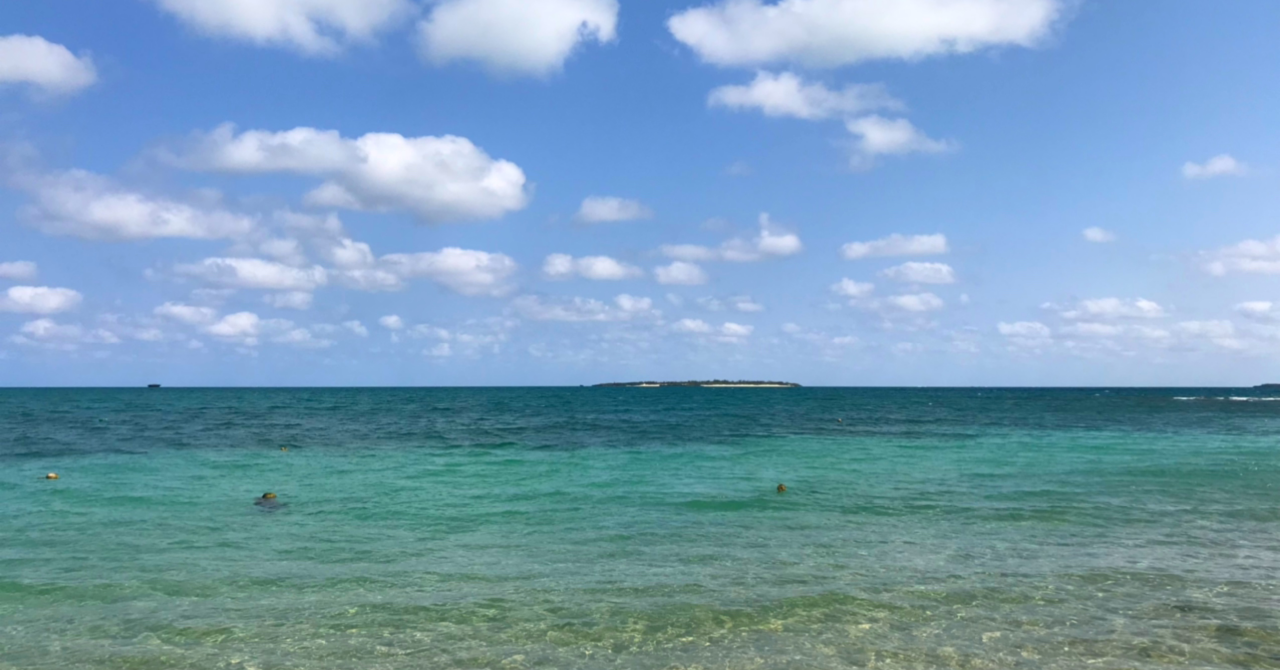映画『喜望峰の風に乗せて』(英語名:The Mercy)を観ました。
I watched “The Mercy.”
(I’ll try to translate all sentences in English below.)
スクロールしていただくと下に英語版があります。
感想(日本語版)
この映画をみることにしたのは、テレビの中の人を好きになることがほとんどない私が、初めてくらいに惹かれているコリン・ファースの作品だったからです。
主人公と自分が重なると感じるところが多かったので、それについて感じたことを書いておきたいと思います。
※ネタバレ含みます
✳︎
挑戦したいと思う気持ちは人一倍あって、思い切った冒険に対してリスクを軽視し、楽観的で向こう見ずな飛び込み方をしてしまう。
リスクを想定したりそれに備えたりする能力が不足していて、計画的に物事を進められず何事もギリギリアウト、あとは本番になってから苦し紛れに調整してなんとかしようとする。
それでも直前には多くの不足に気付いてしまい、急に自信がなくなって、挑戦するだなんて軽い口を叩いた自分をひどく後悔する。
責任感が強いから、ついには自分が無理だとわかっていても「自分が行きさえすればいい」と1人で背負ってしまう。
こうして挑戦せざるを得なくなって、もちろんそれが上手くいくこともある。
上手くいけば、成功、大きな達成感を得られて、自分への誇りも倍になって帰ってくる。
でもこの航海は、本番でどうにか乗り切れるほどのものではなく、孤独と自然の脅威が圧倒的に勝ってしまった。
実際には、もしかしたら上手くいくかもしれないと、ほのかに希望を持っていたとは思う。
自分でも未来はわからないから、信じるしかないと、自分で自分を励ましながら。
彼が出発前夜に「レースは棄権して春に出港はどうか」と言った時、あれでも相当の勇気が必要だったと思うが、その勇気は「自分は本当は成し遂げられない」と心のどこかでわかっていたからこそ絞り出せたんだと思う。
それでもジャーナリストの後押し、つまり棄権の拒否によって、あっけなく航海を決意させられた…。
彼は航海中も何度も諦めようとした。
正確には、諦めると宣言してその後に起こる全ての苦痛を覚悟した。
でも、何度も頓挫して、結局はレースではなく自分の命を諦めることになった。
他人の期待に応えたいという強い思い、それと表裏一体で生じる「人を裏切る自分でいたくない」という恐怖心がある。
大切な人、身近な人にこそ良い顔を向けたい。そういう思いから、演技が自然と上手くなってしまう。
上手くいった時には報告する。
上手くいっていないことは打ち明けられない。
自分は人の期待に応えなければならないという責任感ーこれが彼にとっては愛の形でもあるーと、この報告のしかたの傾向は、精神状態が悪くなればなるほど強くなる。
船から嘘の報告をしてしまった気持ちが、きっと私にも4分の1くらいは理解できていると思う。
自分に目を向ける人、特に自分が愛する人に対して、常に善人でありたいと思う。
そうでない自分だとすると許せないし、恐怖だ。
だからこそ、良くも悪くも自責である。
短期的にでも、嘘をついたとしてもできるだけ早く、喜ばせたいと思ってしまう。
悲しませたくないと。
自分には目の前の人を喜ばせることができないと感じてしまうほど、今は嘘をついても後から自分が頑張ってなんとか隠し通せばいいと、すぐに来る将来の自分に尻拭いを押し付けてしまう。
事実を隠すことがいかにダメなことか自分が一番わかっていて、でももっと強くのしかかる辛い重荷が、隠蔽をさせてしまう。
彼の行動のみから認められる強さ、つまり航海に出た勇敢さと、その決断の裏にある弱さが対比されている。
周りから見える強さや優しさと、自分が一番よく知る弱さや欲。
弱さは隠すほど辛くなり、隠すほど表に出せなくなる。
どんな状況でも奥さんが変わらず彼を愛し続けられたのは、こういう彼の全てを実は既に知っていて、その全てを愛していたからなんだろうなと思う。
「救い」の意味も、事実を知った後の彼女なら深くまで理解できるんだろう。
My Thoughts (in English)
The reason why I watched this movie is that the main actor is Colin firth, the only person on screen whose fan I became.
I feel Donald and I have a lot in common, so I’ll write my sentiments and thoughts about it.
✳︎
He and I have more desire to challenge than others, and decide to jump into adventures optimistically and recklessly.
We are poor at being ready for risks, so have difficulty preparing along a plan designed well, and as a result we have to struggle with problems left, or never-expected, on the day.
However, we find more and more mistakes as the day is approaching, losing confidence, regretting ourselves deciding to challenge.
Since we have a strong sense of responsibility, we owe it just ourselves to fight, even if we understand we hardly can.
Of course sometimes the situation like this leads us to succeed.
If we achieve, we can have the sense of accomplishment and get back our confidence.
But in the sailing, his loneliness and the threat of nature overwhelmed his efforts on the boat.
I guess he actually had a slight hope to make it ー encouraging himself to believe to do, because nobody knows what happens in the future.
When he talked about the absence of the race and postponed start to sail until the next spring to the journalist, he had to have considerable courage. But the courage seemed to derive from his perception that he would not make it.
Eventually the journalist’s pushing, or refusing his absence, drove him to sail…
He tried to drop out many times on the boat as well: or more accurately, he tried to accept all the pain that he would have by dropping out.
However, he gave it up every time, and finally he chose to give up his life instead.
We have a strong will to meet people’s expectations, and with it fears that we might not be able to.
We want to be pleasant especially to those who we love.
This causes us to become good at “acting” naturally and unconsciously.
We report success; we don’t confess failure.
Our sense of responsibility for meeting their expectations ー one of the ways to express our love ー and this tendency of reports are getting stronger, as our mental condition is getting worse.
I sympathize with his feelings when he lied, although I’ve never experienced such a hard situation.
We want to be good and kind to people around us, in particular those who we love.
We cannot forgive ourselves if we are not like that: we are afraid of it.
And that’s why we always feel responsibility on ourselves for better or for worse.
We want them to be pleased.
Even in the short term.
Even by lying.
For them not to be disappointed.
Unfortunately, noticing that we can’t make them happy urges us to lie, soon followed by struggles to hide the truth.
Of course we know how lies are unacceptable, but with heavy loads on, the necessity drives us to do so.
I love the story because it describes the contrast between his strength that we can see from his action of sailing alone, and his weakness that makes him unable to turn back halfway.
The contrast between his courage and hospitality we see, and his weakness he knows best.
The more we hide the weakness, the harder it feels, and then the less possibility we have to disclose it.
Donald’s wife invariably loves her husband in any circumstances because, I think, she already knows every aspect of him including what I wrote here.
She loves just the way he is.
After knowing his death and his lie, she would be able to understand deeply what “the mercy” might refer to.
Thank you so much.
ここまで頑張って書いたからコリン・ファースに手紙にして送ってみようかな笑


